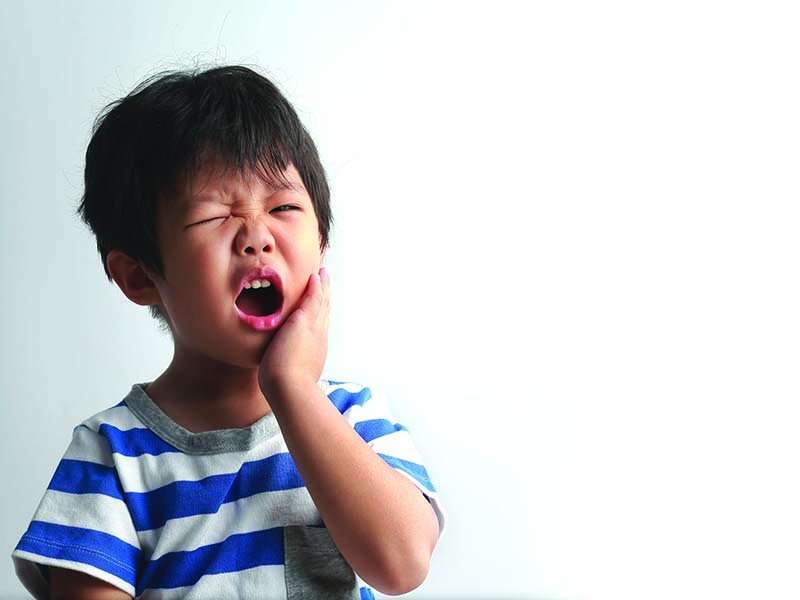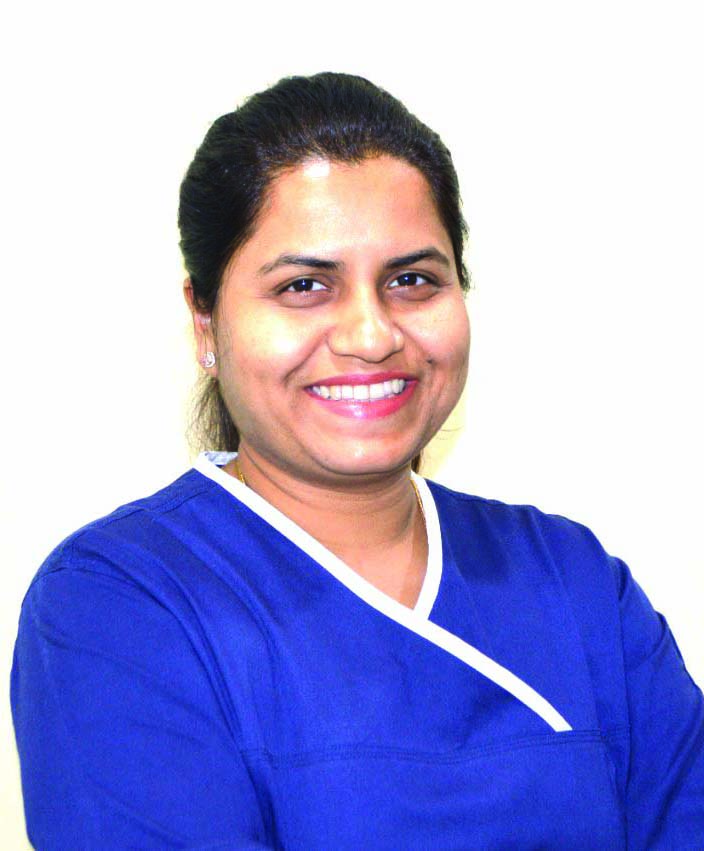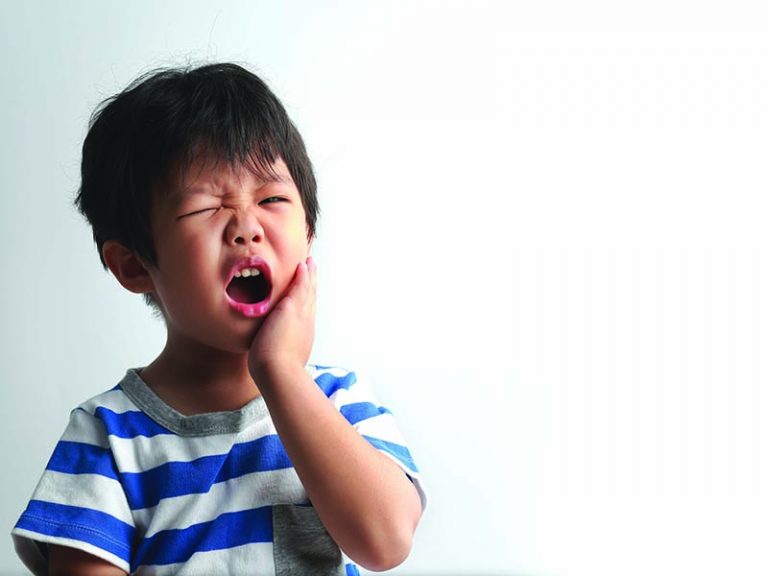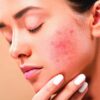Child dental health woes
 My three-year-old son hurt himself while playing and has broken his front tooth. Will this create complications in future? — Tina Shah, Mumbai
My three-year-old son hurt himself while playing and has broken his front tooth. Will this create complications in future? — Tina Shah, Mumbai
Whether he has a broken tooth or suffered trauma, first and foremost, don’t panic! The damage needs to be assessed — the extent to which the tooth has been damaged, and if it extends to the bone. Consult a dentist who will examine him clinically and take x-rays to evaluate the extent of the injury. Accordingly, she will suggest the necessary treatment.
My five-year-old daughter used to eat a lot of candies and lollipops. The past few months, we have restricted her intake of sweets. But she still has dental cavities. Please advise. — Veena More, Bangalore
The causes of dental cavities are numerous; sugar is not the only cause. Other contributing factors are frequency of food intake, poor teeth brushing habits, viscosity of saliva, anatomy/ morphology of tooth etc. Encourage your child to brush twice a day and ensure she rinses her mouth after every meal. Young children need supervision to ensure they are brushing teeth well, and cleansing gums and tongue. Also visit your dentist regularly.
I am a mother of a four-year-old boy. Is toothpaste with fluorides good for his teeth? What toothpaste should I use? — Jeena Chandy, Trivandrum
For children aged four years and below, we recommend non-fluoridated toothpaste because toddlers cannot effectively rinse and spit out toothpaste and tend to swallow it, which is harmful. However, if your child brushes his teeth regularly, you can use toothpaste containing 450-500 ppm of fluoride up to 12 years of age.
I am anxious about my seven-year old developing dental caries. Should I completely cut sugar out of his diet to prevent him from developing cavities? — Mallika Kumar, Chennai
I don’t recommended cutting natural sugar from his diet unless your physician recommends it for medical reasons. Although sugar aggravates cavities, it is not the only culprit. Bacteria grows on other food too. I suggest you time her intake of sugar treats during the day to avoid consuming sweets between meals.
Rinsing the mouth well after eating sugary foods including liquids also helps. Brushing teeth twice a day is important, and a visit to the dentist every six months is necessary to identify and treat dental problems early.
My ten-month-old son has started eating solid foods and is teething. When should I take him to a dentist? — Lishika Markabandu, Pune
Your first dental visit should be on his first birthday or when the first tooth erupts. However, the first orthodontic visit should be at age seven. Getting expert advice in early childhood inculcates good dental habits and health.
(Dr. Progya Roy is principal dentist at Corona Dental Care, Bengaluru)

















Add comment